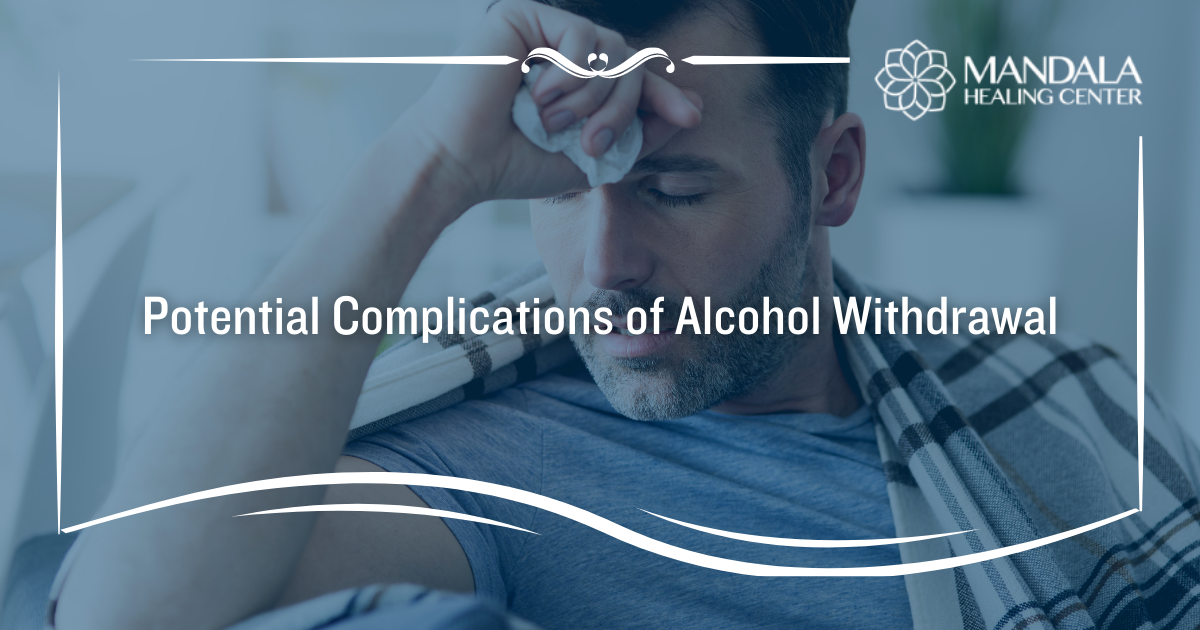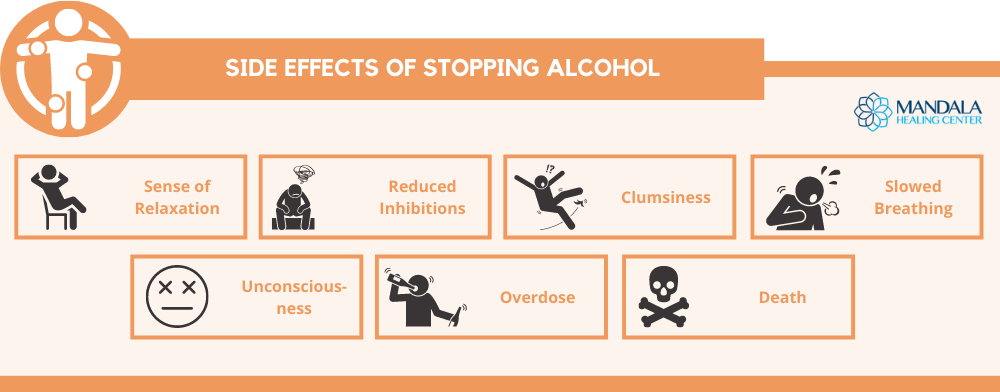Millions of people struggle with an unhealthy relationship with alcohol. Over time, if a person drinks alcohol excessively or too often, their body can become physically dependent on it. This is called alcohol addiction, or alcoholism.
People who drink excessively may be attempting to numb an uncomfortable emotion like anger, boredom, or sadness. They may have a family history of alcoholism that makes it more likely they will become dependent on alcohol. Or, they may have medical or mental health issues that make them more prone to alcoholism. Each person has their own journey with addiction to alcohol, but most people require addiction treatment to overcome the condition.
One of the first stages of treatment for alcohol addiction is detox. During detox, a person’s body goes through the natural process of detoxification, which means that it removes toxins, including drugs and alcohol from its systems. While this process is natural, many people experience a range of uncomfortable–and sometimes dangerous–withdrawal symptoms. Getting treatment, beginning with a medically supervised detox program, allows people to have a safe withdrawal from alcohol while remaining as comfortable as possible and avoiding the potential complications of alcohol withdrawal.
Alcohol is one of the most dangerous substances to stop using. Withdrawals can be life-threatening and there are many potential alcohol withdrawal complications that can arise.
What Happens to Your Body When You Stop Drinking?
When you drink alcohol, many things happen within your body. You may experience a sense of relaxation, lose inhibitions, and become uncoordinated or clumsy. In large quantities, alcohol can slow down your breathing, cause you to become unconscious, or can result in an overdose and death.
When you drink alcohol, it enters the bloodstream and acts as a central nervous system (CNS) depressant. This means it slows down the activity of the CNS. When someone often drinks alcohol, their CNS begins to become more active to counteract the depressing effects of the alcohol. If that person stops drinking alcohol, their CNS will remain in a heightened state. Without the depressing effects of alcohol, their CNS is now too active, which can be dangerous.[1]
Some of the effects of withdrawal begin immediately, and some take several days to develop. These physical and emotional symptoms can be very uncomfortable. They may also experience intense, almost irresistible cravings for alcohol. Many people return to drinking almost immediately because of their withdrawal symptoms.
Understanding the Dangers of Alcohol Withdrawal
When someone stops drinking, their central nervous system cannot adjust to this change immediately. While the body adjusts to the absence of alcohol, the person will experience a range of uncomfortable symptoms, including:
- Shaking/tremors
- Nausea and vomiting
- Anxiety
- Restlessness
- Irritability
- Insomnia
- Headache
- Sweating
These uncomfortable symptoms can begin as soon as six hours after your last drink. In the 12-48 hours after your last drink, there is a risk that you may develop dangerous symptoms of withdrawal. Some of the dangers of alcohol withdrawal include overheating, seizures, fever, and hallucinations or delusions. During this time, cravings may be intense.[2]
A small percentage of people will develop a condition called Delirium Tremens (DTs). This rare but serious condition is marked by vivid delusions and hallucinations. They may also develop a fever or seizures. Delirium Tremens can be fatal, and it is impossible to determine who will develop this condition before withdrawal begins.[3]
How to Manage Alcohol Withdrawal Complications
Since it is nearly impossible to predict who will develop dangerous complications associated with alcohol withdrawal, it is important to have professional support and treatment when going through the process.
During medically supervised detox, you will be monitored and treated for dangerous symptoms of withdrawal in a safe, calm environment. Generally, this includes receiving alcohol withdrawal medications to help manage the overactivity of your central nervous system, therefore, preventing complications. This can help you detox from alcohol safely and comfortably. In addition to taking medication, many programs offer nutrition therapy, mental health support, and holistic therapies to help keep you comfortable.
During alcohol detox, you will also have distance from alcohol when your cravings are likely to be strong. This allows you the best chance of a complete, safe detox from alcohol.
After detox, it is important to complete an addiction treatment that can give you the skills and support to overcome your addiction. This generally involves education, medications, group, and individual therapy sessions, and participating in holistic therapies like yoga, meditation, art and music therapy, and recreation.
Prevent Alcohol Withdrawal Complications With a Detox Center You Can Trust
If you have an unhealthy relationship with alcohol or you are suffering from addiction, you are not alone. At the Mandala Healing Center, we know that people need compassionate care and support to overcome addiction so they can live the healthy, satisfying lives they deserve. Taking the first step can be difficult, but getting treatment is an important step towards achieving the goals you have for your life–and setting new ones.
We offer a range of programs designed to empower you on your journey past addiction. Our medically-assisted detox program can help you detox from alcohol safely and avoid any alcohol withdrawal complications. For more information or to speak with an admissions counselor, please call us today.
References:














